The Government’s decision not to move towards banning alcohol sponsorship of sports is a further shot in the arm for an industry that already had considerable growth potential. While it has been one of the most hotly debated issues in marketing and sponsorship circles in recent years, the prospect, for the time being anyway, of a large chunk of sponsorship cash being removed from the table, could have dealt a deadly blow to sporting clubs and associations around the country.
With that threat now lifted, it’s business as usual for the rights holders, brands, agencies and sponsorship intermediaries that keep the sponsorship industry ticketing over.
It is estimated that the Irish sponsorship will be worth more than €150m in Ireland this year, an increase of 12% over last year’s total of €136m. Almost half (47%) of sponsors increased their spend last year and 61% of rights holders reported an increase in sponsorship revenues. Nearly three in four (73%) of sponsors in Ireland now spend more than 10% of their overall marketing and communication budget on sponsorship.
These findings from the annual Onside Irish Sponsorship Industry Survey suggests that buyers can anticipate more bullish rights holders who will be slow to sell valuable rights to fill a space in the short term, says Onside Sponsorship managing director John Trainor.
“International rights holders in motor racing, football and rugby have led to the charge in holding off on selling rights to buyers at below perceived value rates recently and they have turned their attention to generating other revenue streams in the interim. Both sides should invest in uncovering new ways of finding fresh opportunity in the deals being built.”
One issue for sponsors is how to create an association with a property that was previously sponsored. According to Trainor, the way this process should be managed depends on a range of factors, including the maturity of the property, the experience and objectives of the sponsor taking over and the level of investment made by the new sponsor in activation after rights fees have been paid.
“The best sponsorship of the past decade, as voted by sponsorship practitioners in our 2015 industry survey, is a great example of a hugely successful sponsor switch. O2 managed to build on Irish Permanent’s successes with Irish rugby through activation that continued to seek new ways to really make a difference for fans.
“More recently, Guinness has managed to seamlessly replace RaboDirect as the primary sponsor of Pro12 Rugby by overlaying the winning formula that it applies across all its rugby assets to this high visibility platform. Getting key stakeholders from media and fans onside with the switch early is also a must to get the right results in year one.”
Trainor said his firm’s ongoing sponsorship tracking research suggests that the Irish public’s unique love affair with sponsorship is as healthy as ever. “A clear majority show increasing levels of opinion that sponsorship is of appeal to them and in fact growing at a faster rate of effectiveness than certain other marketing communication tools on metrics like trust and calls to action.”
AIB, voted by industry practitioners as best sponsor of 2014, is a good example of how a brand can avoid the risk of ‘sponsorship fatigue’, he adds. “While sponsoring the GAA club championships for many years, AIB manages to keep the sponsorship fresh and relevant. It disrupted the way its sponsorship was seen and this is important.”
So how much further could the Irish sponsorship market grow and which sectors have the greatest scope for expansion?
“We are entering a phase where sponsorship globally is expected to grow annually by over 5% in the medium term and the Irish market could well outpace that”, says Trainor. “In the second half of this decade, double digit growth could become the norm as forces, including the attraction of major international events such as Euro 2020, economic revitalisation and a Rugby World Cup bid, could take spend here to new highs.”
As businesses learn new ways to define the value and opportunity that sponsorship can represent for their organisations, he expects Irish sponsorship investment to receive a further boost. Leaders, in the next wave of investment, are expected to include financial services companies, ecommerce/online retailers, health care providers (including pharmaceutical, hospitals and other health related products and services) and technology solution providers such as consumer electronics and wearables suppliers.
“Driverless motor racing cars sponsored by technology firms, hospitals funded by sponsorship of major events, cities as sponsors and international investors buying Irish rights are all examples of a future where the sponsorship landscape could bring new rules. Until then, rugby, community-centric assets, GAA and music related festivals, look set to be the greatest beneficiaries of the next growth phase in Ireland”, says Trainor.


